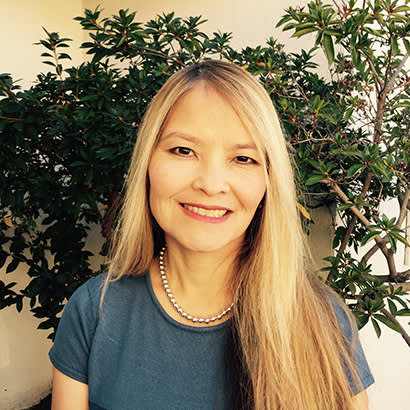
For an enhanced digital experience, read this story in the ezine.
“If you want to understand today, you have to search yesterday.”
– Pearl S. Buck, author and humanitarian
Although Buck was best known as the first U.S. woman bestowed the Nobel Prize in literature and the Pulitzer for The Good Earth, it’s her prolific work advocating for civil rights during the mid-1930s and 1940s that resonates more than 80 years later. Her public statements, speeches and published writings — along with her involvement with the National Urban League and the NAACP — called attention to racial equality for Black people in the United States and worldwide. What’s more, her quote reminds us today that to truly move the needle toward equity, we must be intentional about learning from our past.
In May 2021, NRPA published Equity in Parks and Recreation: A Historical Perspective, a comprehensive story map that chronicles “park inequities throughout U.S. history and the opportunities and challenges ahead. It is designed to acknowledge and reflect upon the experience of unequal access and abject practices. Most importantly, this story map is meant to inspire the transformation of a just and equity-driven parks and recreation system for all.”
Leading with a link to our story map speaks to Buck’s words and sets the table for the stories featured in this month’s Equity issue — such as the cover story, “Overcoming Barriers to Park Equity,” on page 34. Contributor Jai Cole takes a closer look at the historical inequities, including redlining and hostile parkitecture, that have created obstacles for people of color and under-resourced communities to attain access to quality parks and green spaces. Cole writes that at Fairfax County (Virginia) Park Authority, “… we believe the predominant race and demographics of an area should not predetermine the quality or quantity of parks in that area, and our programs and services should be affordable to all residents.”
Next, in the article, “Equity in Practice,” on page 40, NRPA Chief Education and Equity Officer Autumn Saxton-Ross shares insights from some of our members who participated in our first Equity in Practice Certificate, “Exploring Race Equity in Parks and Recreation.” She also reveals “what they plan to do with the knowledge and skills that they have gained.” This program “uses a race equity lens to examine the ways that various identities are marginalized, specific to the experience and needs of park and recreation professionals,” Saxton-Ross explains.
Lastly, in the feature article, “Becoming Culturally Responsive,” on page 44, author Tracee Hall addresses implicit bias and microaggressions in the field of parks and recreation and explains why “instilling culturally responsive values and actions is a way to begin transformative [diversity, equity and inclusion] (DEI) initiatives.”
As you read through our Equity issue, I hope these shared stories inspire you to start your own DEI journey and help move that needle even further.
Vitisia “Vi” Paynich is Executive Editor and Director of Print and Online Content at NRPA.

